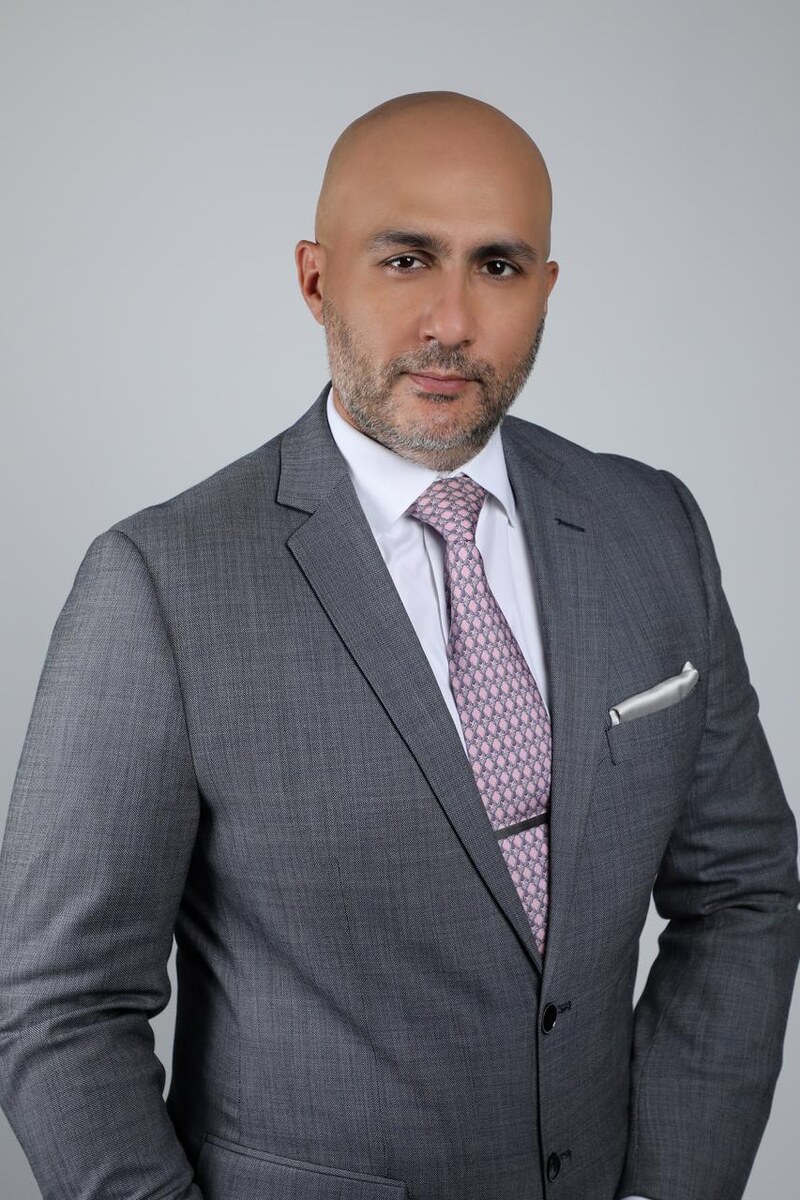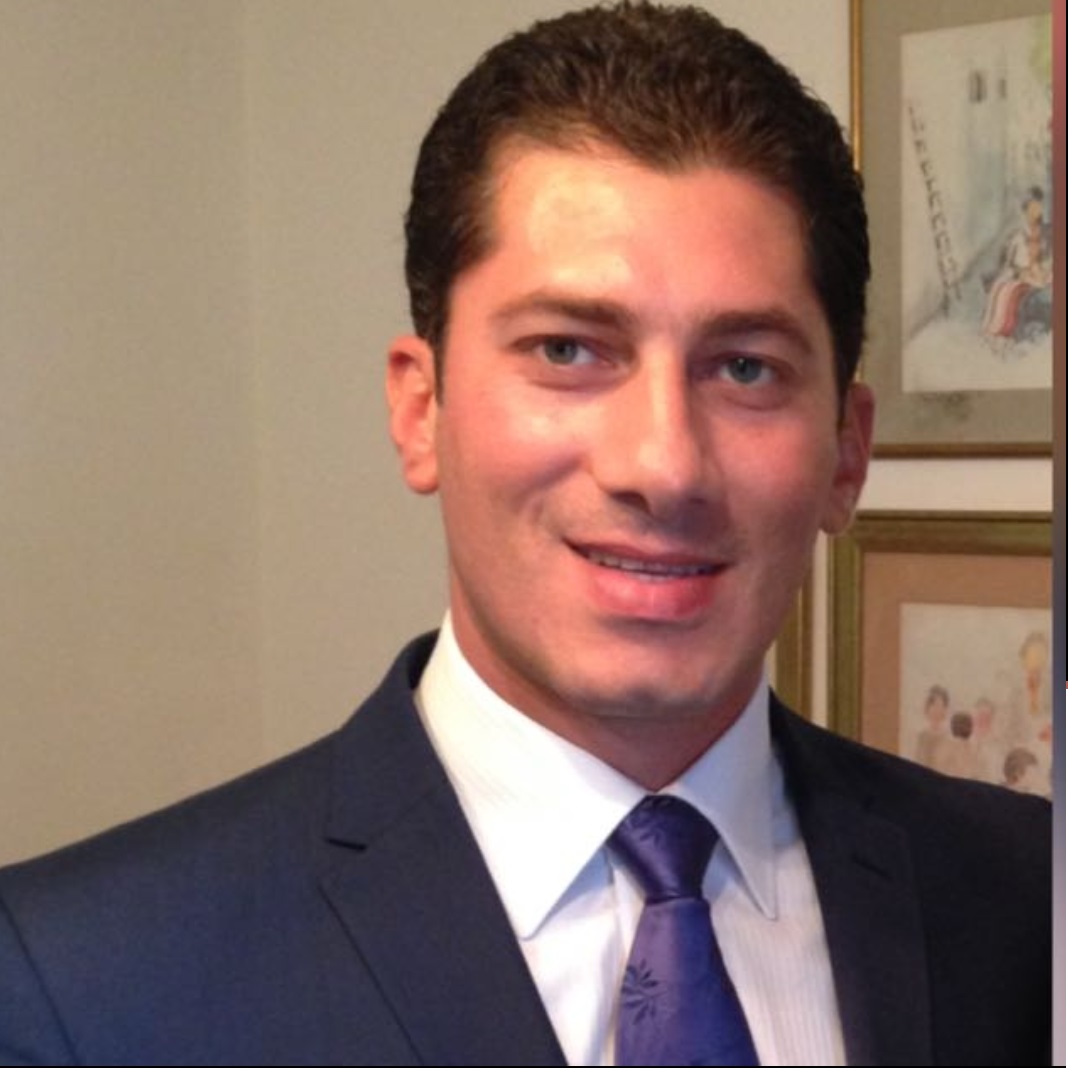FRANKFURT: Time is running out for European car makers, which have waited until the last minute to try to meet ambitious EU emissions targets and face billions in fines if they fail to comply. Manufacturers from PSA Group to Volkswagen will use this week’s Frankfurt auto show to reveal the new models and strategies they hope can slash carbon dioxide emissions within months.
But it is a challenge fraught with danger, as the cost of pushing pricey technology on unconvinced consumers could hurt profits in an industry already suffering a downturn in sales.
“You have cars that cost an extra €10,000 ($11,000) to build, fleet-emissions targets requiring a certain sales volume and consumers who may or may not want them,” said one PSA executive. “All the ingredients are there for a powerful explosive.”
By next year, CO2 must be cut to 95 grams per kilometer for 95 percent of cars from the current 120.5g average — a figure that has risen as consumers spurn fuel-efficient diesels and embrace SUVs. All new cars in the EU must be compliant in 2021.
Another 37.5 percent cut in CO2 fumes is required between 2021 and 2030 in addition to the 40 percent cut in emissions between 2007 and 2021.
The timing could hardly be worse, with the world’s main auto markets in decline and the sector braced for a chaotic British exit from the EU, as well as a protracted U.S-China trade war.
The industry has long since given up pushing for the goals to be relaxed — a political impossibility underlined by a resurgent climate protest movement that has added the Frankfurt show to its target list.
Volkswagen’s chief executive, Herbert Diess, said the regulatory crunch and growing support for green causes proves that his company’s €80 billion bet on becoming the world’s largest manufacturer of electric cars is right.
“Even Toyota and some other competitors, which were slow to bring EV’s, are now also betting on electric. So we are right,” Diess said.
New electric cars wheeled out at the show on Tuesday include PSA Group’s Opel Corsa-e mini and the ID.3 compact from Volkswagen. The German car maker is also making hybrid power standard-issue in its Golf bestseller.
HIGHLIGHTS
• EU goals require massive CO2 cut within months. • Vast product overhaul will weaken profitability.
• Fallout seen increasing threat to auto jobs.
Fiat Chrysler, which lacks adequate green technology, has agreed to pay Tesla hundreds of millions of euros to pool emissions scores with its electric cars and escape penalties.
For years, image-conscious mass automakers have placed electrified models at the center of their show stands but near the margins of their commercial offerings. Only now will they be forced to sell them in large numbers, challenging profitability.
To meet the targets, sales of electric cars would need to triple to 6 pecent of the market by 2021, and rechargeable hybrids surge fivefold to a 5 percent market share, German engineering firm FEV Consulting estimates. In the first half of 2019, combined sales of plug-in cars rose 35 percent year-on-year.
Fines of €95 per car, per excess gram of CO2 quickly add up to hundreds of millions of euros.
“Market acceptance of a lot of this tech and exactly what people are willing to pay remains very, very unclear,” said Max Warburton, an analyst at brokerage Sanford C. Bernstein.
“It’s going to require the industry to force quite a lot of cars into the market,” he said in a recent note, predicting that car makers will lean on heavily discounted sales to fleet customers and even their own employees.
Rather than incur fines that could total €25 billion in 2021 if current lineups were left unchanged, car makers are engaged in a huge product overhaul likely to wipe more than half that amount from combined profits, Bernstein projects.
Many electrified offerings are arriving just in time — or in many cases too late — for deliveries to begin in January, when less efficient models will also become more scarce.
Hard on the heels of VW’s electric ID.3, the Golf 8 to be unveiled next month heralds a mass deployment of 48-volt hybrid technology at the very heart of Europe’s auto market.
Such mild hybrids add less cost, starting at €500 per car, but bring more modest emissions cuts than plug-in hybrids or pure electrics costing an extra €5,000-€10,000, by comparison with an equivalent gasoline model.
French car makers face a bigger hit to margins than German rivals, analysts say, because they lack significant US and Chinese earnings to soften the blow.
Renault, heavily reliant on its aging Zoe electric car, is rushing to add hybrid versions of its Clio and Captur subcompacts now expected in the second quarter of 2020.
PSA, whose 48-volt hybrids arrive two years later, is counting on pricier plug-ins and electric versions of its DS3, Peugeot 208 and Opel Corsa to claim 7 percent of its total sales.
The group has scrapped several less-efficient Opel cars and is preparing to halt sportier model versions including the Peugeot 208 GTi and 308 GT.
Industry executives expect the cull to be replicated by other car makers, hitting European automotive jobs already threatened by the shift to electrification.
“It will cost them less to stop selling some vehicles than to sell them and pay the fines,” said Georgeric Legros, Paris-based director at consulting firm AlixPartners. “During the year we’re likely to see models dropped and some layoffs.”
With regulatory softening off- limits, the downturn and jobs threat may instead prompt new government sales incentives to limit losses and help steer demand to greener cars, some executives believe.
“The move to new energy vehicles compounded by a difficult market will undoubtedly hit bottom lines,” said Andy Palmer, chief executive of Aston Martin, which is exempt from the EU goals as a low-volume sports car maker.
“As industry profits get tight, you start to lose people,” Palmer told Reuters. “And that’s when governments begin thinking about ways to stimulate the market.”
































